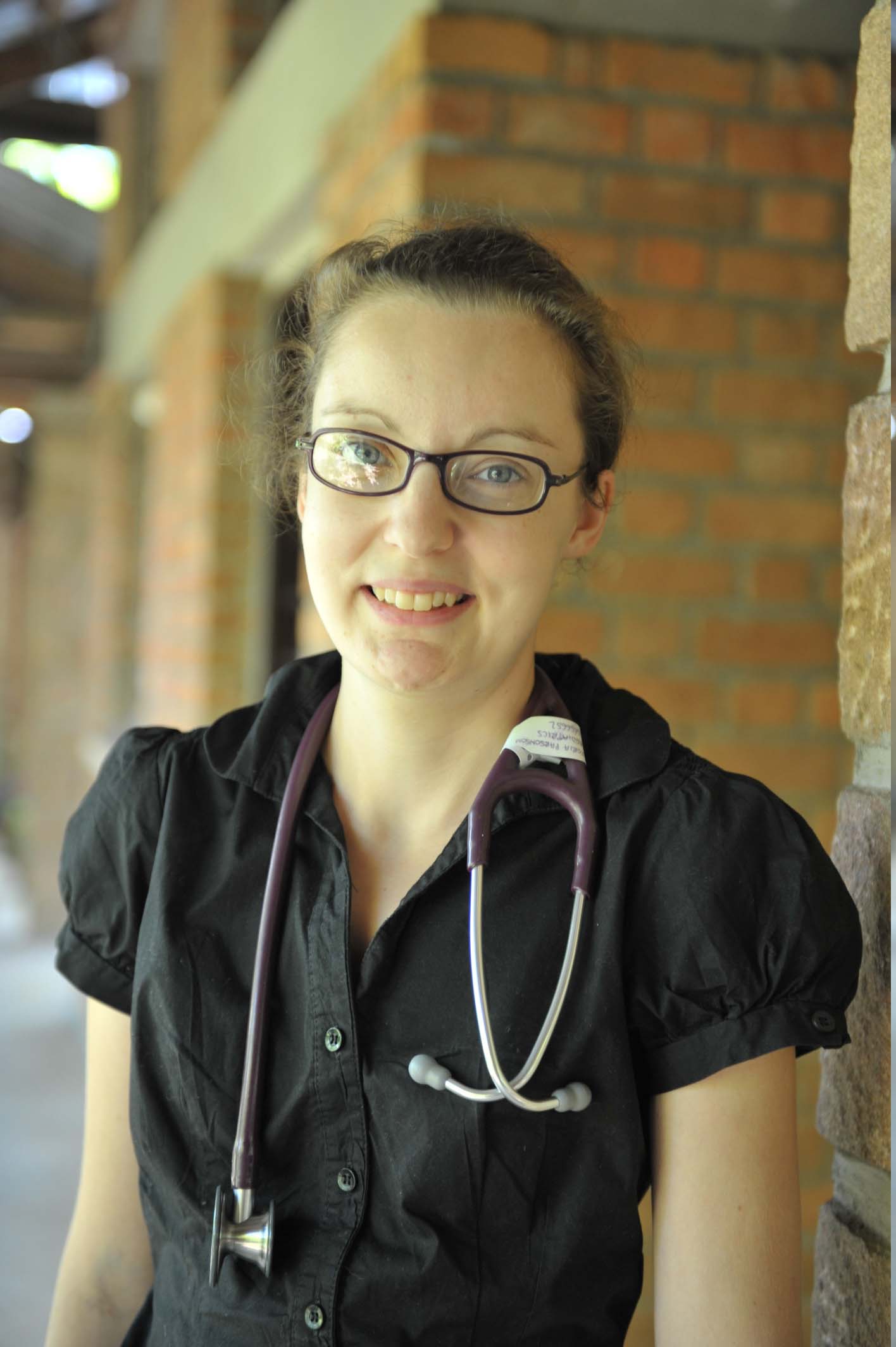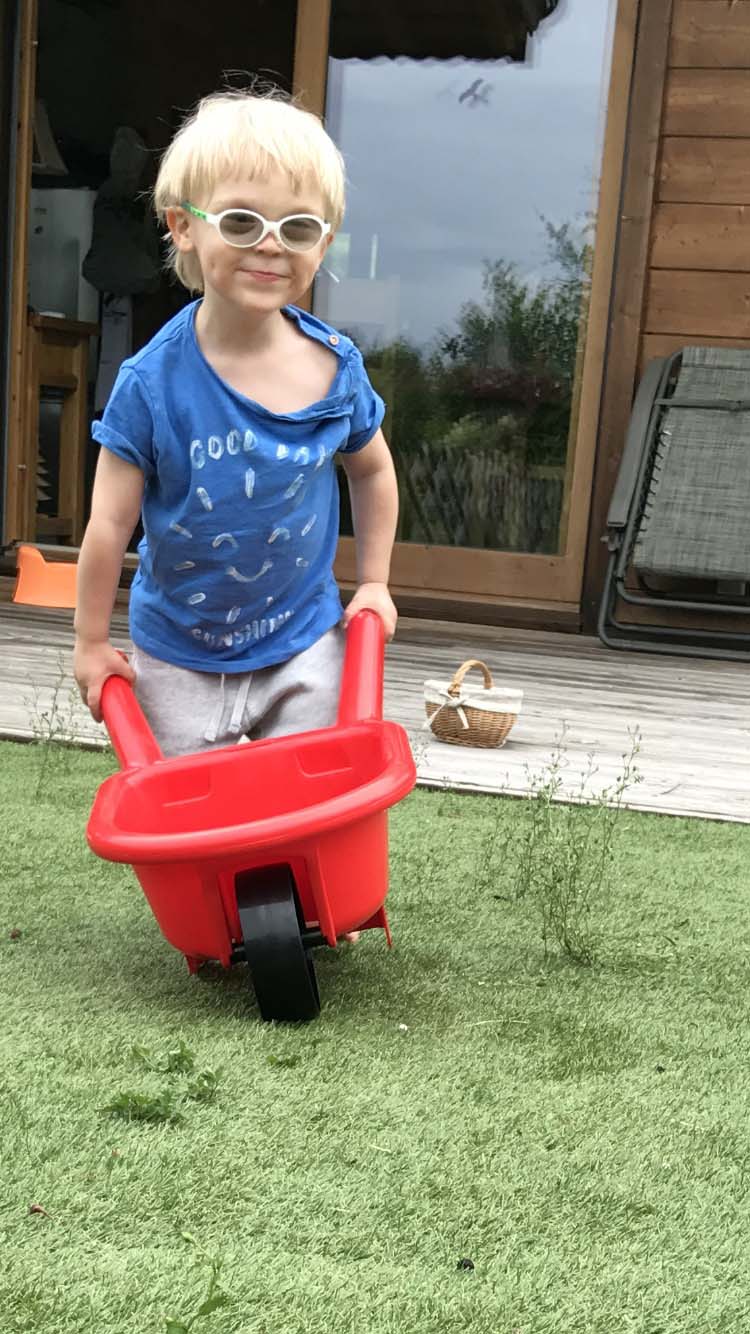Join the NHS Organ Donor Register
Record your decision to donate your organs.
NHS Blood and Transplant reveals this World Sight Day (October 11) that its eye banks are 19% below the level needed to supply hospitals and are asking people to think about donating their corneas.
In the last year, 3,504 people in England have had their sight restored through cornea transplants. NHS Blood and Transplant is calling on more people to agree to give the gift of sight. One donor can help restore or improve the sight of up to 10 people and help patients see what they can only imagine.
As of September 27th, there were 285 corneas in NHS Blood and Transplant’s eye banks, which are in Manchester and Bristol. We aim to have 350 corneas in these banks at any one time to supply to hospitals for patients.
NHS Blood and Transplant needs 90 donations a week to meet the demand for sight saving transplants but there is a regular shortfall in donations. The shortage leads to longer waits for transplants.
Victoria Parsonson’s eyesight was saved by a cornea donor, which enabled her to go on to become a doctor.
 Victoria, 35, from Harborne, Birmingham was diagnosed with keratoconus, a progressive eye disease which causes distorted and blurred vision when she was 16 years old.
Victoria, 35, from Harborne, Birmingham was diagnosed with keratoconus, a progressive eye disease which causes distorted and blurred vision when she was 16 years old.
A dedicated student with dreams of a career in medicine, Victoria’s eyesight continued to decline and by the time she was sitting her A Levels she was short sighted.
Victoria’s ophthalmologist was aware of her pending place at medical school and supported her fully throughout the process. In 2001 Victoria had the cornea transplant at Bristol Eye Hospital.
“My eye was bandaged for the first 24 hours, but the first time that this was removed, it was absolutely amazing. I could see the detail of someone’s face,” said Victoria.
After a gap year, Victoria was able to take up her place at Birmingham Medical school in September 2002 to begin her career in medicine.
In 2008 Victoria graduated from Birmingham Medical School as a doctor. She specialises in paediatrics and after a few years of work in the UK, Victoria went to Africa in 2011 volunteering at a hospital helping children.
Victoria said: “Having a transplant completely changed my life. It helped me to help other people. I like to think that I have been given the gift of sight and I hope in my career I am able to also give something back to people. My donor and their family are amazing and I can’t thank them enough for what they have done for me.”
Benjamin Bates had two cornea transplants as a baby after being born with a very rare condition that stopped the front of his eyes developing properly.
 Benjamin, 4 years old from Huddersfield, was born with Peters anomaly, which meant the front portion of his eyes didn’t develop properly, causing his corneas to be very cloudy.
Benjamin, 4 years old from Huddersfield, was born with Peters anomaly, which meant the front portion of his eyes didn’t develop properly, causing his corneas to be very cloudy.
Sarah Cracknell, a full time mum and former massage therapist, who lives with her partner David, said: “The second I saw Benjamin I knew he was blind. Both of his eyes were opaque, there was no visible pupil.”
Sarah said: “From the day Benjamin was born I knew the only hope he had of gaining any vision would be to go down the transplant route.”
She added: “I am eternally grateful to the donors. They have totally transformed my little boy’s life. I won’t ever take for granted the precious sight Benji has. He doesn’t see like me or you but he can see. Watching him reach out to touch something or colour a picture, these are things I never knew I’d have. I feel very thankful.”
Many people can donate their eyes for cornea transplants when they die, including people with most types of cancer. The cornea is the clear tissue on the front of the eye that help the eye to focus light. The sclera which is the white part of the eye, can also be donated to help people but the eye is never transplanted whole.
Helen Gillan, General Manager for Tissue and Eye Services at NHS Blood and Transplant, said: “Donating sight means there can be light after darkness.
“But too many people are spending World Sight Day unable to see their families due to a national shortage of donors.
“Our eye banks are currently well below the level we’d like to see and we understand that people often view the eyes with more emotion and see them as symbolic than other parts of the body.
“You can help us by saying yes to cornea donation and giving the gift of sight to another.
“Almost anyone can donate their sight. People tell us the decision to donate brings a sense of pride and comfort.”
You can donate your corneas up to 24 hours after you die, and unlike with organ donation you don’t have to die in a hospital intensive care unit or A&E department to become a donor. Donation can take place after death in hospital, in hospices or in funeral home.
Ends
For additional information please contact Sehri Kayani in the NHS Blood and Transplant press office on 07471 147754 or via Sehri.Kayani@nhsbt.nhs.uk
For further queries please call the NHS Blood and Transplant press office on 01923 367 600 or email pressoffice@nhsbt.nhs.uk
Notes to editors